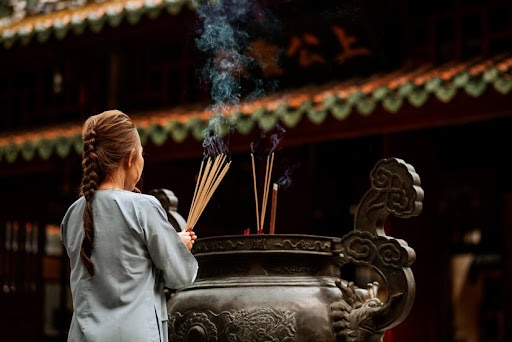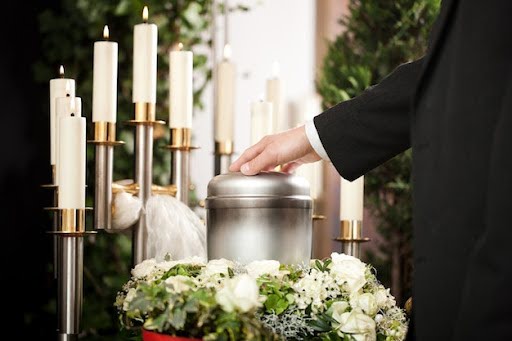
Taoism, an ancient Chinese philosophy and religion, encompasses a unique perspective on life and death, deeply reflected in its funeral traditions. Rooted in the belief of living in harmony with the Tao, or the way of nature, Taoists view death as a natural part of life’s cycle. Understanding the essence of Taoist Funerals requires an insight into the philosophical underpinnings of Taoism and how it influences the practices surrounding life’s departure and the subsequent journey.
Taoism and the Philosophy of Life and Death
Taoism, originating from the teachings of Laozi and Zhuangzi, focuses on living in harmony with the Tao, a cosmic principle underlying everything in the universe. It emphasizes living a simple and balanced life, in tune with nature’s rhythms, and accepting the natural flow of existence, including the inevitability of death.
According to Taoist beliefs, life and death are part of a continuous cycle, much like the changing seasons in nature. Death is seen as a transition rather than an end, where the departed soul moves on to another phase of existence. Taoists believe that by embracing the natural course of life and death, one can attain spiritual peace and harmony.
Taoist Funeral Rituals and Practices
Taoist funerals are deeply rooted in ancient traditions and customs that symbolize the journey of the deceased to the afterlife. These ceremonies are aimed at facilitating a peaceful transition for the departing soul. The rituals observed during a Taoist funeral are reflective of Taoist beliefs and typically involve several key elements:
- Preparation of the Deceased: A Taoist Funeral often involves bathing and dressing the deceased in special attire. The body is then laid in a casket, and items symbolizing good fortune or personal significance might be placed alongside.
- Veneration and Prayers: An altar is arranged with offerings and items significant to the deceased, such as food, incense, and other ritual objects. Family members and loved ones pay respects, offer prayers, and express their final farewells.
- Incense and Chanting: Burning of incense is a significant ritual in Taoist funerals, symbolizing the elevation of prayers to the heavens. Monks or priests may chant scriptures and perform rituals to guide the soul’s journey to the afterlife.
- Funeral Procession and Burial or Cremation: The funeral procession, often accompanied by family and mourners, proceeds to the burial site or crematorium. The burial or cremation takes place with specific rites and rituals conducted to honor the departed.
- Post-Funeral Ceremonies: After the funeral, Taoists often observe additional rituals, including periodic ceremonies, to honor the deceased’s memory and ensure their well-being in the afterlife.
The Significance of Taoist Funerals
Taoist funeral customs are deeply rooted in the belief of maintaining harmony and balance not only in life but also in death. These rituals are considered essential in aiding the soul’s transition to the next phase and ensuring its peaceful journey to the afterlife. The respect and reverence shown during these rituals are crucial in maintaining spiritual harmony and peace for both the departed and the living.
Conclusion
Taoist Funerals are a reflection of the fundamental Taoist beliefs in the cyclical nature of life and death. By honoring these traditions and performing the rituals, Taoists seek to facilitate a smooth transition for the departed soul while finding solace in the natural order of existence. Understanding the philosophical underpinnings of Taoism and the practices associated with Taoist funerals provides insight into the reverence, respect, and spiritual significance attributed to these ceremonies.


